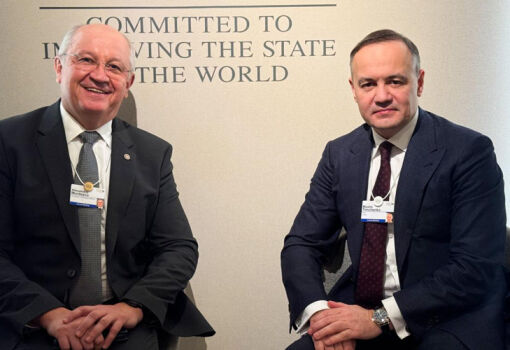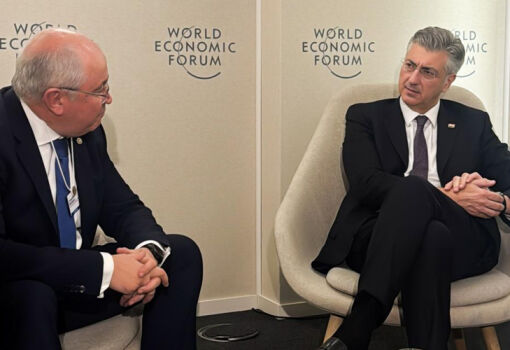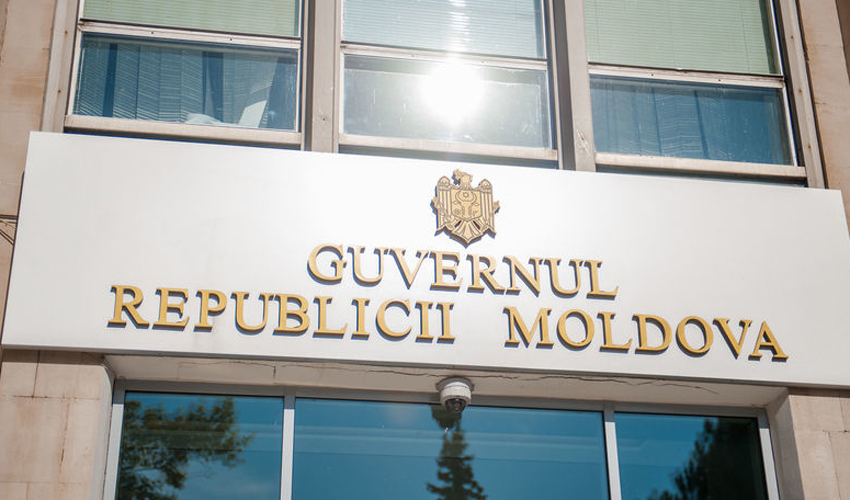
Мирча Бачу
However, some years are exceptions in this respect, and I believe that the current year will be one of them. After all, in an election year, no one is in a hurry to talk about new fiscal and customs rules (especially if they are not among the most pleasant for the business community and citizens). And because it would be simply wrong. After all, the winner of the election should be able to promote his or her own visions in the fiscal and customs sphere, rather than being forced to spend a whole year promoting visions that he or she may not share.
I say that this would be wrong even if the legislation provides clear deadlines for the development and adoption of both fiscal and customs policy and the state budget itself for the next year.
Personally, I see some opportunities in this “violation of the law”, namely that both the relevant decision-makers (from ministries, services, directorates, departments) and representatives of the business community will have more time for reasoned proposals on the draft fiscal and customs policy for the next year.
Some business associations have already made specific proposals in this regard. For example, in March, the business association organized a discussion, which was also attended by the leadership of the Ministry of Finance and the State Tax Service, during which such issues were discussed as: VAT refunds and deductions on advances, VAT collection system for SMEs, elimination of unfair provisions of the Tax Code, fiscal support for green investments and waste management, adjustment of VAT rates for agri-food products and fair taxation regime in the processing sector, etc.
Incidentally, the event reaffirmed the Ministry of Finance’s commitment to support a competitive and sustainable tax system based on transparency, fairness and continuous consultation with the business environment. Personally, I took it positively and believe that the opportunity provided by the Ministry of Finance should be utilized. What exactly I mean by this, I will explain below.
From the very beginning, I would like to note that I believe that in the fiscal and customs policy for the next year, a special place should be given to the new rules in the field of online commerce, especially the new rules that will be aimed at the activities of international online commerce platforms. The online trading market is constantly expanding. For example, if in 2016 Moldovans received 38.3 thousand parcels with purchases from international online commerce platforms, in 2024 their number, according to some estimates, will exceed one million. And if we also take into account small parcels, this figure exceeded 8 million. And there is every reason to expect new growth in this market segment in the coming years.
Earlier, I mentioned the new rules that the European Union is considering for this market segment and rhetorically asked whether Moldova will join them, taking into account the European integration process we are participating in. And I believe that it is really necessary to come up with new rules, because the state not only loses significant sums that it could have received in the budget as a result of the introduction of new rules, but it would also help domestic economic agents who have to compete in unequal conditions with large international online trading platforms.
I believe that in developing fiscal and customs policy for 2026, it is necessary to consider such issues as:
– Introduction of VAT on all goods from third countries (non-EU) regardless of the amount;
– introduction of customs duties on all goods from third countries with a value above 150 euros (at the initial stage it is necessary to eliminate the price threshold or unify standards with the EU);
– introduction of mandatory registration of large trading platforms for VAT on all online goods;
– unification of imports carried out by legal entities and individuals;
– equalization of requirements for imports of medicines and food supplements.
I have said many times that these measures are extremely important for our market, otherwise Moldovan business, 90% of which is small business, may be on the verge of disaster.
I sincerely hope that all these important points will be taken into account when drafting the new fiscal and customs policy. As for the business environment, I believe that its representatives will gladly accept the invitation from the officials to discuss this topic, including the identification of solutions necessary for the benefit of the national economy as a whole.
Mircea Baciu,
entrepreneur from the Republic of Moldova













